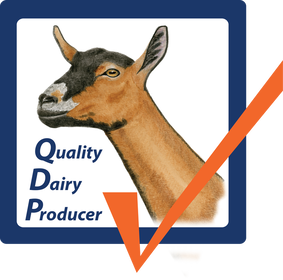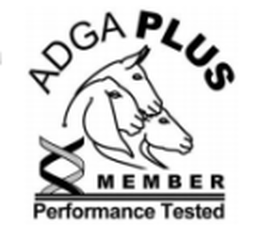|
|
|
7/15/2017 Worms, ugh.Periodically I am asked about worming goats. Do I worm my goats? What do you give? What is the dosage? Honestly, I prefer not to worm my goats unless it is necessary. Worms are getting increasingly resistant to treatment and I'm lucky (sort of) to be located in a very dry region of the country where worms aren't as much of a problem.
The way I manage the situation is to do periodic fecal tests. Since breeding season is approaching, it seemed like a good time. So, following my vet's recommendation, I had him run tests on samples from each of the paddocks that are in use (buck and doe paddocks). The results were encouraging. There were no parasites in the buck pen and "rare" cocci in the doe pen. I consulted with my vet about the cocci, and he noted that it is normal for goat herds to have some residual levels on an ongoing basis. I'm responding to the situation by changing up my loose minerals in the doe paddock, giving them Sweetlix 16:8 MeatMaker R960 loose minerals, which are medicated to prevent coccidiosis. Link to the product: www.sweetlix.com/products/C14A34/meat-maker-products.aspx Comments are closed.
|
|
|

